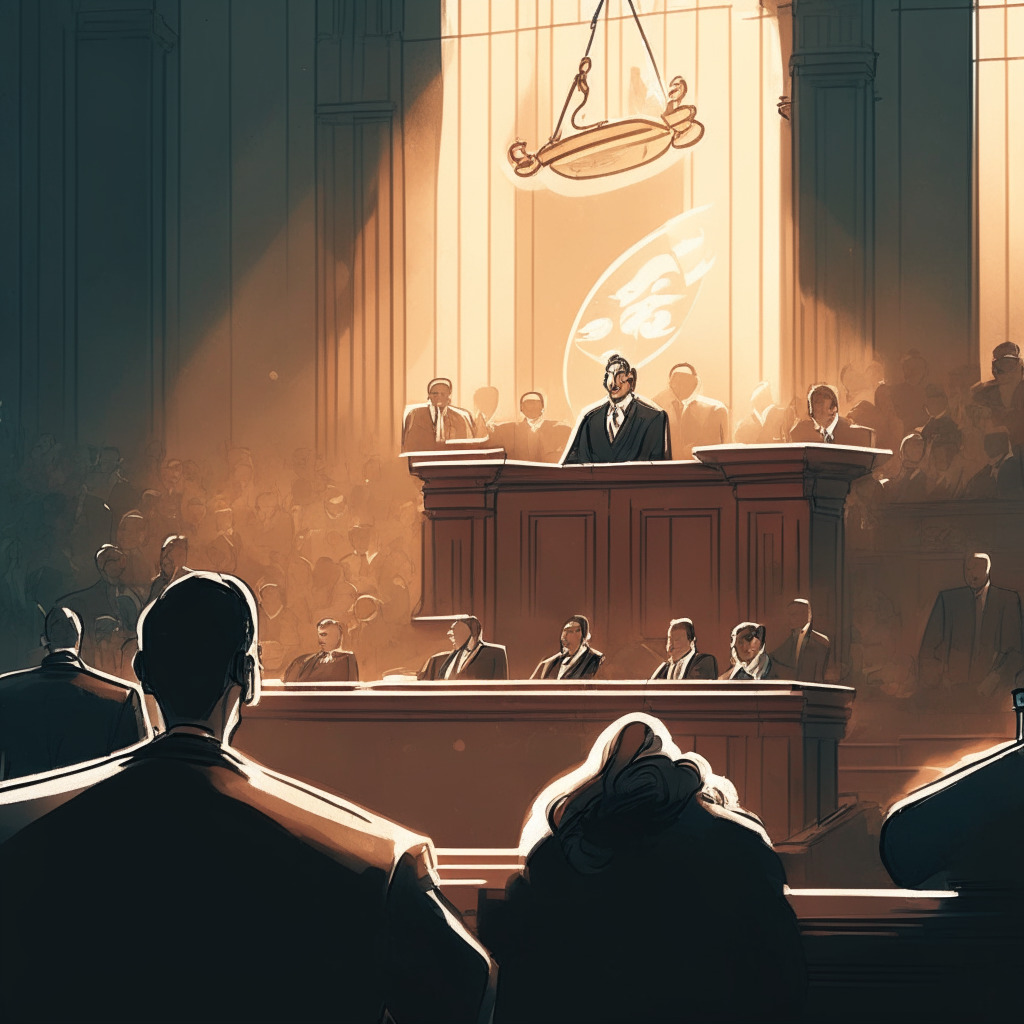In a May 11th ruling, BlockFi custody wallet users could receive up to $300 million in refunds after a bankruptcy judge stated that assets in custodial wallets belong to customers and not the embattled cryptocurrency exchange. As per bankruptcy law, customer funds ought to be returned. This groundbreaking decision comes after multiple months of debate over the process of returning customers’ funds.
It’s important to recall that BlockFi’s first court appearance in Trenton, New Jersey – after the collapse of FTX – involved the exchange asking for consent to continue its operations while determining a method to reimburse all affected customers. BlockFi expressed optimism in finding a potential buyer, which would impact the refund process, and attempted to recover funds owed by other crypto exchanges including a massive $400 million given to FTX’s sister trading company, Alameda Research.
However, the news isn’t all rosy for BlockFi interest account (BIA) holders. In stark contrast to custodial wallet users, Judge Michael Kaplan ruled against repaying an additional $375 million customers tried to withdraw from their BIA accounts, stating that digital assets in custodial omnibus wallets are indeed client property and not property of the bankruptcy estates. Customers who initiated transfer requests between the BIA and custodial wallet accounts after 8:15 p.m. on November 10, 2022, were unsuccessful in completing their transactions despite receiving front-end display confirmations.
Regarding BIA account holders, Kaplan asserted that they were aware of the potential risks involved in this investment and were ready for any outcome resulting from it, having pursued the chance of greater returns. This reasoning falters, however, when considering customers who possess custodial wallets – they do not share in the risks and shouldn’t be affected by BIA account holders’ unfortunate fate.
In light of Kaplan’s recent ruling, the $300 million refund possibility for custodial wallet users shows a clear distinction between the outcomes for different types of accounts, serving as a reminder for crypto enthusiasts to diligently weigh the potential risks and benefits of various investment options. While it’s undeniable that the blockchain future holds immense possibilities, recent events call for increased regulatory clarity, market understanding, and safer practices for both cryptocurrency exchanges and users.
As always, thorough market research is essential when investing in cryptocurrencies, and individuals should not solely rely on the opinions of others. The responsibility of maintaining personal financial security falls on each individual, and it’s crucial to stay informed and prepared in the ever-evolving crypto landscape.
Source: Coingape




